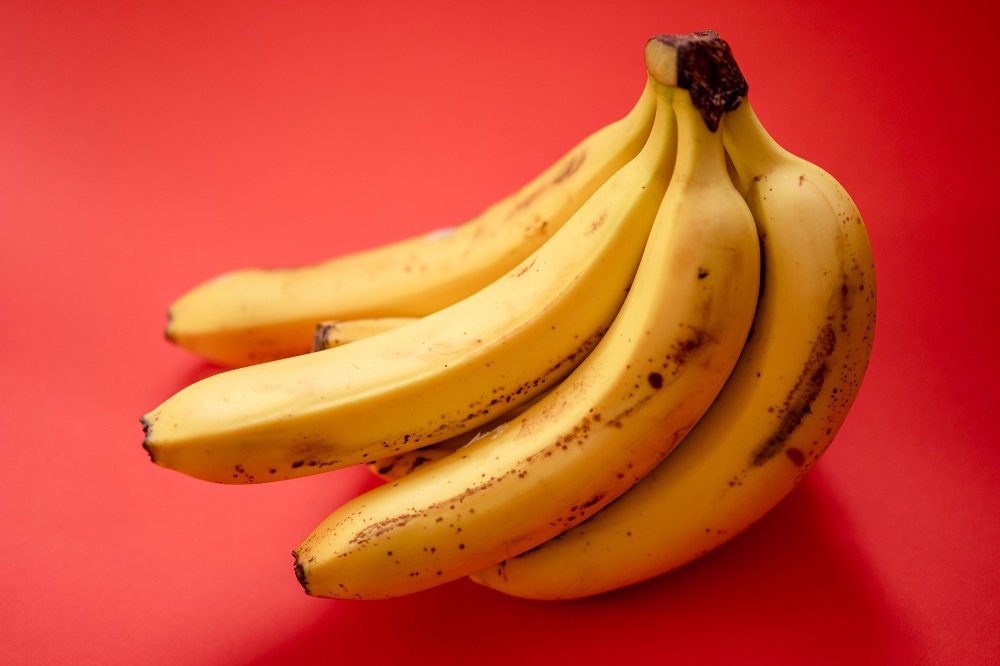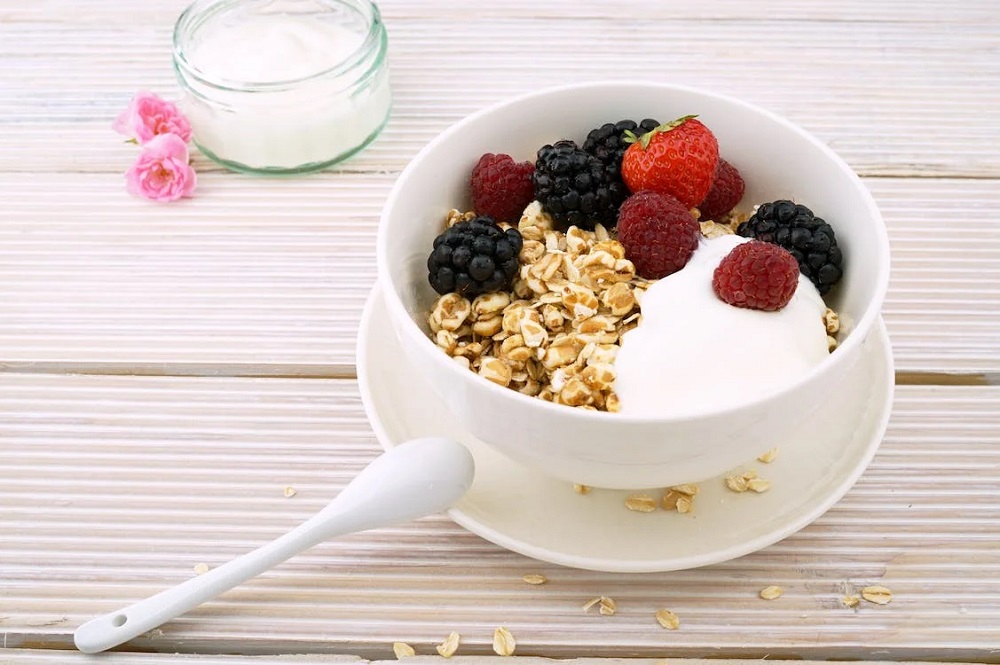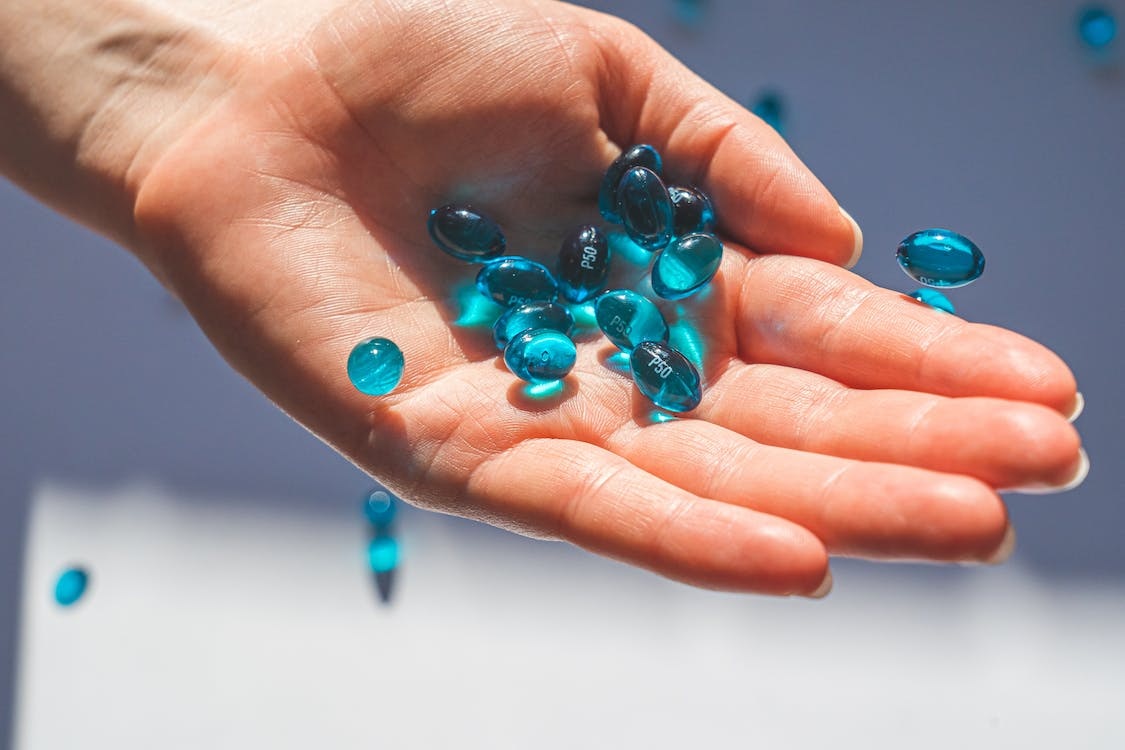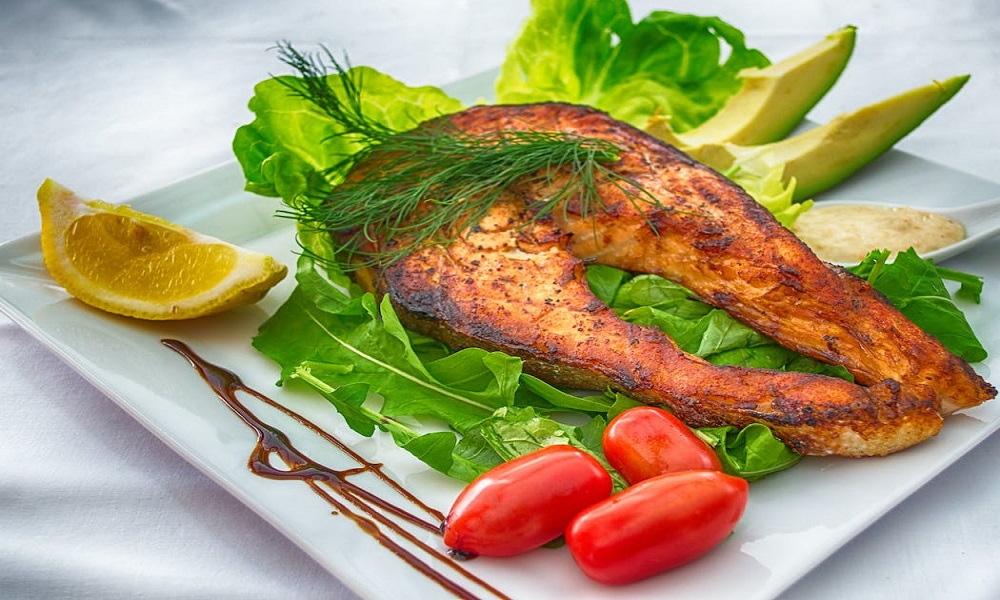Top 10 Foods High in Potassium

Potassium is an essential mineral and electrolyte that plays a crucial role in maintaining various bodily functions. It is vital for muscle contractions, nerve function, maintaining proper fluid balance, and supporting a healthy heart. An adequate intake of potassium can help lower blood pressure, reduce the risk of stroke, and prevent muscle cramps. This article explores the top 10 foods high in potassium to help you incorporate this essential nutrient into your diet for a healthier, more balanced life.
Bananas: The Classic Potassium Source
The Versatile Fruit in Your Diet
Bananas are famous for being rich in potassium. They are a convenient and portable snack that provides around 400 mg of potassium in a medium-sized fruit. The potassium in bananas helps maintain healthy blood pressure, supports muscle function, and keeps your heart beating regularly. Beyond potassium, bananas are also a great source of vitamin C, vitamin B6, and dietary fiber.
The versatility of bananas is another reason to include them in your diet. You can slice them onto your morning cereal, blend them into smoothies, or enjoy them as a quick, on-the-go snack. Their natural sweetness makes them a healthy alternative to sugary snacks.
Oranges: A Citrus Punch of Potassium
A Tangy Boost for Your Health
Oranges are known for their high vitamin C content, but they are also a significant source of potassium. One medium-sized orange provides approximately 240 mg of potassium. This potassium-rich fruit aids in maintaining normal blood pressure and contributes to a healthy cardiovascular system.
Incorporating oranges into your diet is easy. You can enjoy them as a fresh and juicy snack, or you can use their zest and juice to add a burst of flavor to various dishes. Try making a refreshing glass of orange juice or add orange segments to your salads for that extra zing.
Spinach: The Leafy Green Powerhouse
Green Goodness on Your Plate
Spinach is a leafy green vegetable that boasts an impressive potassium content of around 470 mg per cooked cup. In addition to potassium, spinach is rich in iron, vitamin K, and other essential nutrients. This makes it a top choice for promoting bone health, muscle function, and a strong immune system.
Incorporating spinach into your diet is simple. You can sauté it with garlic and olive oil, add it to smoothies for a nutritional boost, or use it as a base for your salads. The mild flavor of spinach makes it a versatile and nutrient-packed addition to your meals.
Sweet Potatoes: A Nutrient-Dense Delight
The Tasty Way to Fuel Your Body
Sweet potatoes are a delicious and nutrient-dense food with a potassium content of around 440 mg per medium-sized potato. They are also a fantastic source of fiber, vitamin A, and vitamin C. This combination of nutrients supports your immune system, eye health, and digestion.
Enjoying sweet potatoes is a treat for your taste buds. You can bake them, make sweet potato fries, or mash them with a touch of cinnamon for a healthy and satisfying side dish.
Beans: The Fiber and Potassium Combo
Beans, Beans, a Magical Fruit!
Beans, such as black beans, kidney beans, and pinto beans, are not only rich in fiber but also packed with potassium. One cup of cooked beans contains approximately 600-800 mg of potassium, making them one of the highest potassium sources among legumes.
The fiber in beans promotes digestive health, while the potassium supports muscle function and helps regulate blood pressure. You can include beans in your diet by adding them to soups, salads, or making a hearty bean chili.
Avocado: Creamy and Nutrient-Rich
The Butter of the Health-Conscious
Avocado is a unique fruit that offers a generous amount of potassium. A medium-sized avocado provides about 700 mg of potassium, which is significantly higher than most fruits. The monounsaturated fats in avocados are heart-healthy and, combined with potassium, contribute to lower blood pressure.
Avocado’s creamy texture makes it a perfect addition to salads, sandwiches, or as a topping for toast. The mild, nutty flavor enhances both sweet and savory dishes.
Salmon: A Seafood Potassium Source
Omega-3s and Potassium in One Bite
Salmon is not only a fantastic source of omega-3 fatty acids but also provides a notable amount of potassium. A 3-ounce serving of cooked salmon contains around 300 mg of potassium. Omega-3s support heart health, while potassium regulates blood pressure and helps with muscle function.
Incorporate salmon into your diet by grilling, baking, or pan-searing it. Its rich, savory flavor complements various seasonings and sauces.
Potassium-Rich Yogurt: A Dairy Delight
A Creamy and Nutrient-Packed Treat
Yogurt is a dairy product that contains a significant amount of potassium, with one cup providing around 500 mg. In addition to potassium, yogurt is a good source of calcium and probiotics, which support gut health and bone strength.
You can enjoy yogurt as a quick breakfast with added fruits and honey or use it as a base for smoothies. The creamy texture and tangy taste make it a versatile ingredient in both sweet and savory dishes.
Mushrooms: The Unsung Potassium Hero
A Fungi Full of Nutritional Goodness
Mushrooms are a unique source of potassium among vegetables. They offer about 300 mg of potassium per cup when cooked. Mushrooms are also rich in antioxidants, vitamins, and minerals that contribute to overall health.
Incorporating mushrooms into your diet can be as simple as sautéing them with garlic and herbs, adding them to omelets, or using them as a pizza topping. Their earthy flavor enhances a variety of dishes.
Tomatoes: A Tangy Source of Potassium
Red, Ripe, and Good for Your Heart
Tomatoes are a versatile ingredient in many cuisines and offer a potassium content of approximately 400 mg per cup when cooked. They are also a rich source of lycopene, an antioxidant that supports heart health and may reduce the risk of certain diseases.
Tomatoes can be used in countless ways, from making sauces and soups to slicing them for sandwiches and salads. Their tangy flavor and vibrant color add a delightful touch to your meals.
Conclusion
Balancing Your Diet with Potassium
Incorporating potassium-rich foods into your diet is essential for maintaining overall health. These top 10 foods high in potassium provide a wide range of nutrients that support various bodily functions, from muscle contraction to heart health. By including a variety of these foods in your meals, you can ensure you meet your daily potassium requirements and enjoy a delicious, nutrient-rich diet that benefits your well-being. So, why wait? Start adding these foods to your daily menu and feel the positive effects on your health.








